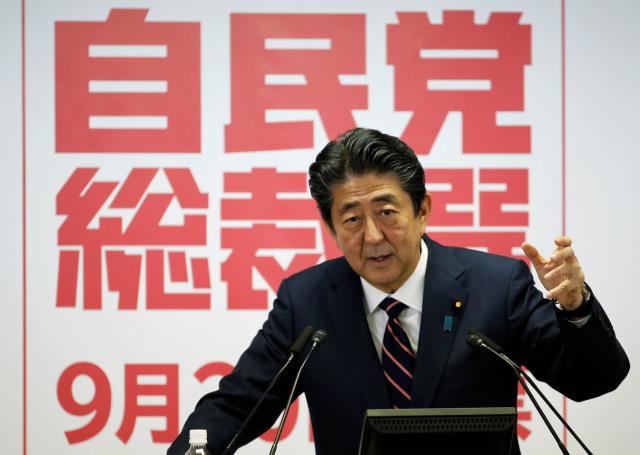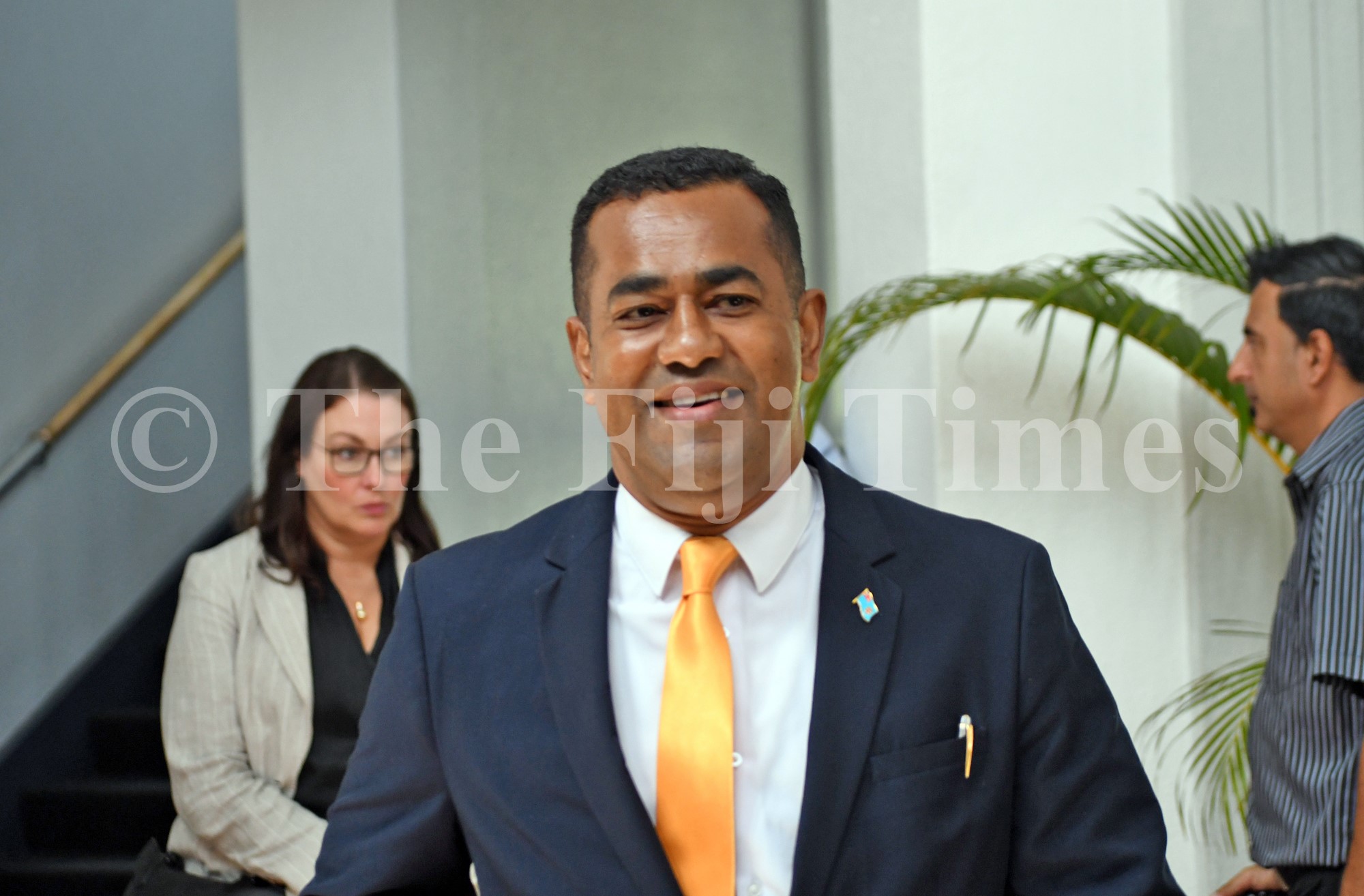TOKYO (Reuters) – Prime Minister Shinzo Abe won a ruling party leadership vote on Thursday, setting him on track to become Japan’s longest-serving premier and try to cement his legacy, including by revising the post-war pacifist constitution.
If Abe, who quit abruptly after a troubled 2006-2007 term, stays in office through November 2019, he will have exceeded the 2,886 days marked by Taro Katsura in the early 20th century.
“I want to tackle constitutional reform together with all of you,” Abe told his Liberal Democratic Party after the vote.
Abe, who surged back to power in 2012 promising to reboot the economy and strengthen defense, defeated former defense minister Shigeru Ishiba in the LDP leadership election.
Abe won 553 votes to Ishiba’s 254, a somewhat stronger showing than expected. Of the 810 votes up for grabs from LDP parliamentarians and rank-and-file members, 807 were valid.
Abe told a news conference he would reshuffle his cabinet after coming back from a trip to New York for a U.N. General Assembly gathering next week. He declined to comment on specific posts but the Nikkei business daily said his close allies, Chief Cabinet Secretary Yoshihide Suga and Finance Minister Taro Aso, would stay.
Abe also said he would compile an extra budget for relief from the natural disasters – floods and earthquakes – that have battered Japan in recent months.
Abe is expected to meet Trump on the sidelines of the U.N. gathering. They have forged close ties but Trump has made clear he’s unhappy about the bilateral trade imbalance and wants a two-way agreement to address it.
Tokyo opposes a bilateral deal for fear it would boost pressure on sensitive sectors such as agriculture.
The Trump administration is also exploring raising tariffs on Japanese auto exports, a step Japanese officials say would do serious damage to the two economies and world trade.





